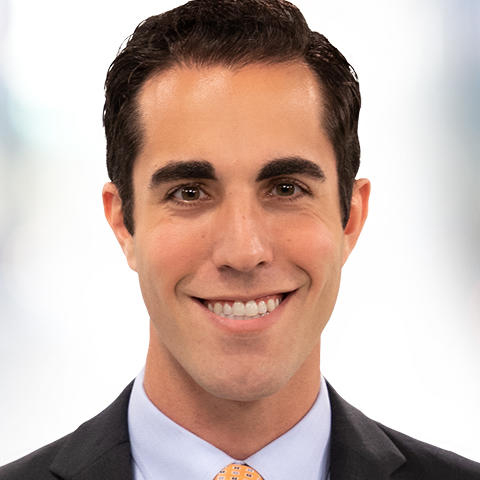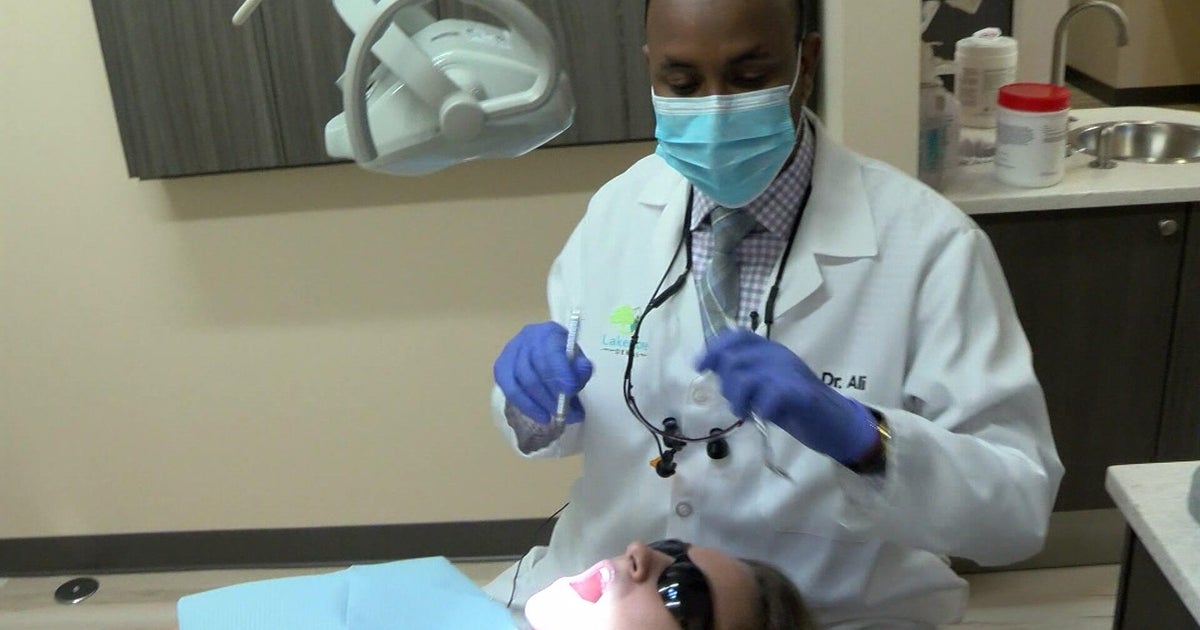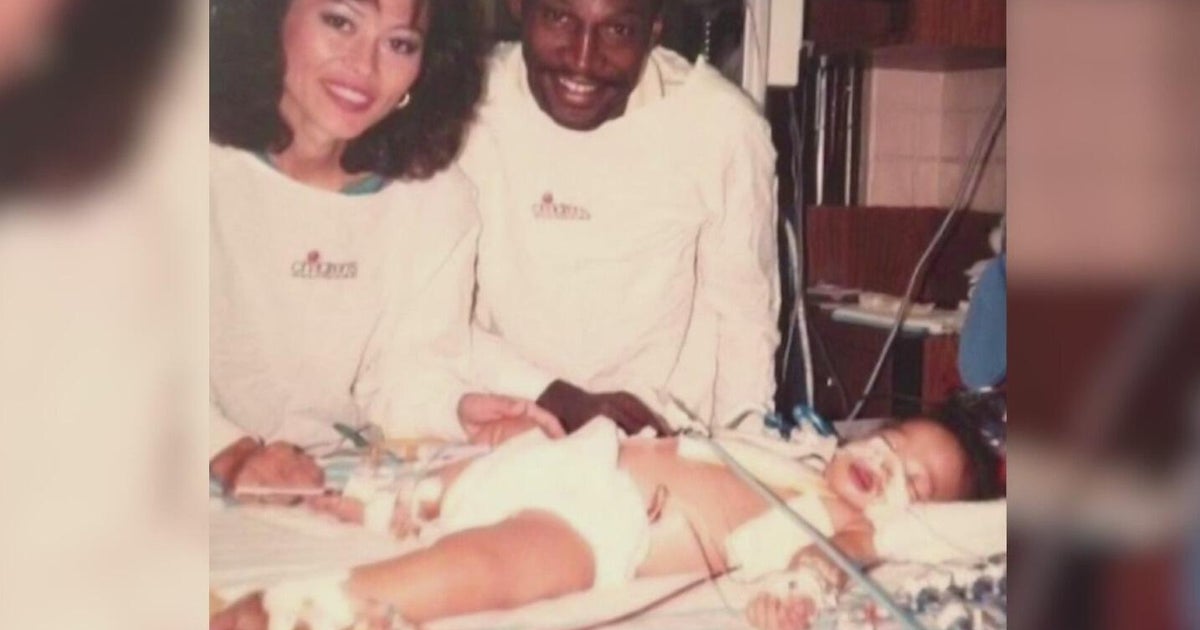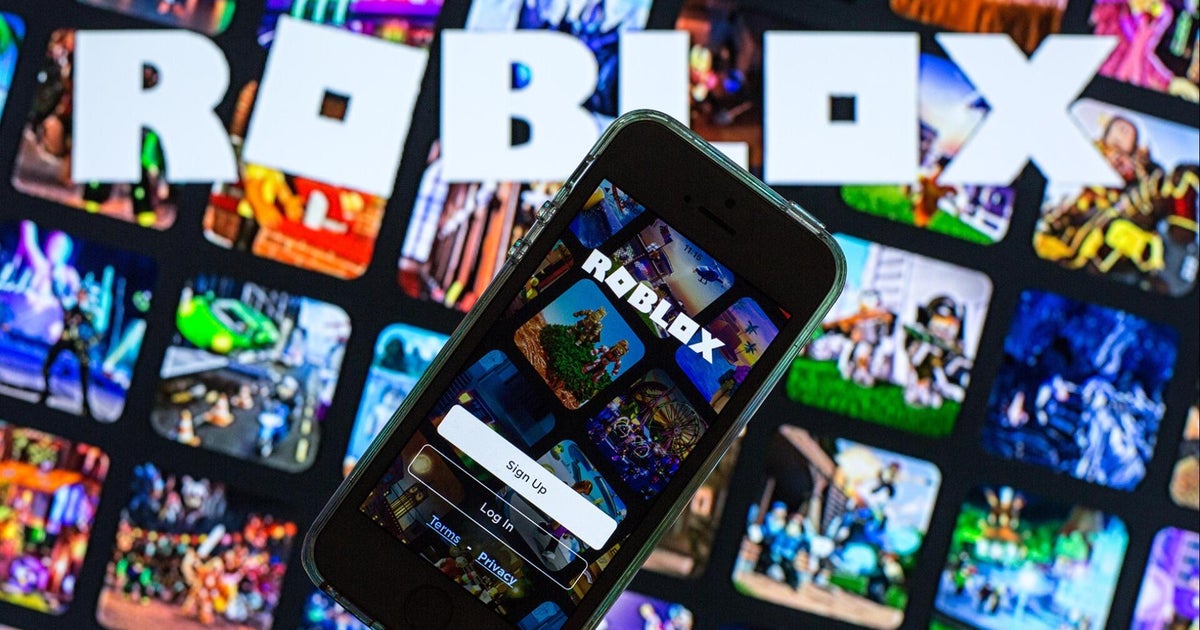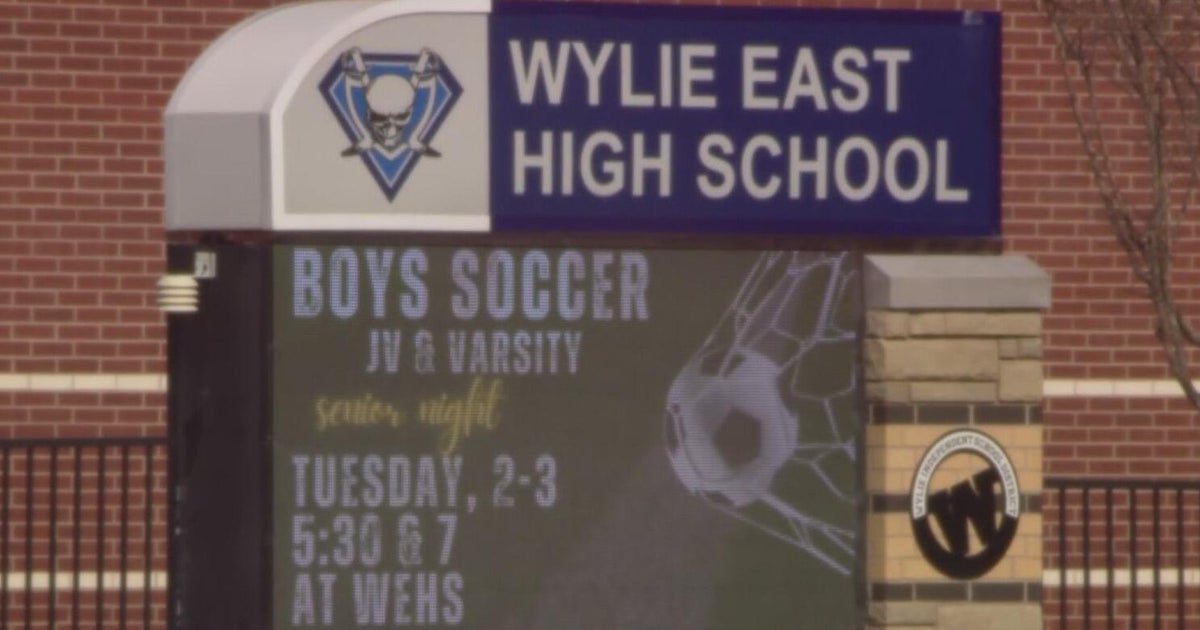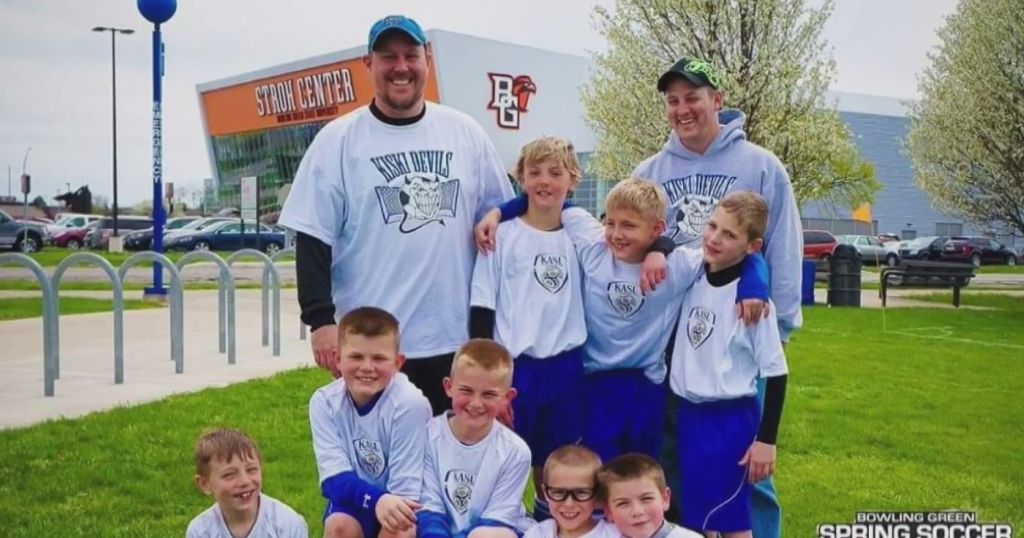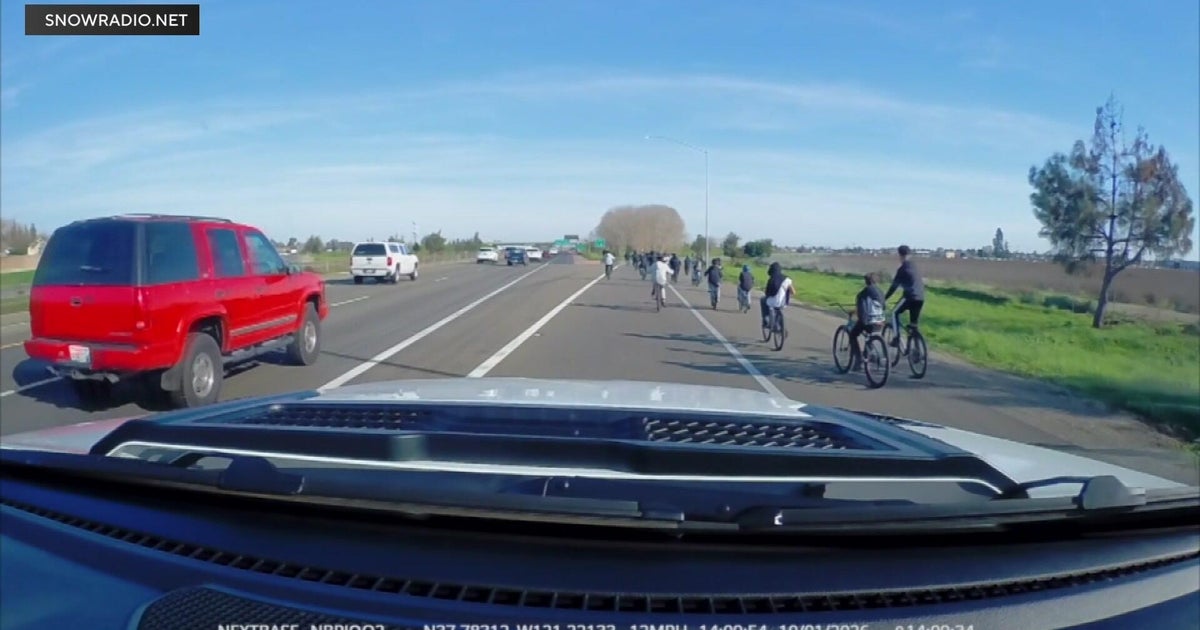State of Emergency: Is Minnesota ready for the next pandemic?
MINNEAPOLIS — While the COVID emergency may be over, leading Minnesota health experts say the threat of a similar pandemic is not.
"I can just operate on the best science I have, and my best science says that this wasn't the big one," said Dr. Michael Osterholm. "The big one is yet to come."
Osterholm is the director of the University of Minnesota's Center for Infectious Disease Research and Policy.
He doesn't mind if you call him a doomsayer. He'd rather talk about preparedness.
"The real challenge we have in terms of responding to the pandemic is we have just cut back so much in terms of our health care resources," Osterholm said. "We've eliminated over 40% of the pediatric beds in this state in the last five years."
Osterholm also believes the trust in public health, and its messaging during a health crisis, is shattered.
RELATED: State of Emergency: Reducing the impact flooding has on infrastructure
Perhaps fittingly, Minnesota state health officials point to communication, and particularly persuasive communication, as their top challenge for the next pandemic.
"What we were learning about the virus was changing so rapidly, so the guidance we were receiving was changing, and it's hard to communicate that rapidly to the public who's like, 'Wait, last week you said this,'" said Cheryl Petersen-Kroeber, the Minnesota Department of Health's director of emergency preparedness and response.
Petersen-Kroeber says at the time, guidance called for lockdowns, mask mandates and closures of schools and businesses to minimize the spread.
"I believe, based on the science that the World Health Organization had, and the CDC, the decisions that were made did save lives," Petersen-Kroeber said. "I truly believe that."
In a future pandemic, she says, "everything would be looked at as on the table again."
One difference would be that the state now has a warehouse full of PPE ready to go in case of emergency.
"It will be to make sure we don't see a collapse in the healthcare systems," Petersen-Kroeber said.
RELATED: State of Emergency: Are Hennepin Healthcare, county ME prepared for large-scale emergencies?
Dawn Ramaley has her own, small-scale version of a PPE supply. COVID changed the way she thinks about life when the virus put her brother, Chris Hirte, in the hospital for more than 200 days in 2020.
Hirte died last year at 53 years old.
Ramaley says his quality of life never returned after his bout with COVID.
"When he first got out, he really couldn't move at all," she said. "All toileting and that stuff, someone had to assist him with that. Really 180 degrees from what he was prior to COVID."
Ramaley says she can't take any virus lightly, and would closely follow future pandemic precautions.
"I don't really live in fear," she said. "I think I'm just cognizant. Being more thoughtful of the risk that's out there now, which I never really considered before."
If the challenges going forward are communication and resources like hospital capacity and staffing, experts say the medical response to COVID was as good as can be expected.
"It was simply amazing that we had the vaccines we did within a year," Osterholm said. "That is a remarkable accomplishment."
State health officials say you can plan, you can drill, but none of that can ever be more than just a framework.
"We've had staff who are like, 'Oh my gosh, I want it to be cut and dry and black and white,'" Petersen-Kroeber said. "You're not going to get that in this discipline."
A pandemic response plan from April 2020 is on the Health Department's website.
WCCO asked if it's been updated since then. Officials said it's a continuous process that isn't ready for publication yet.
